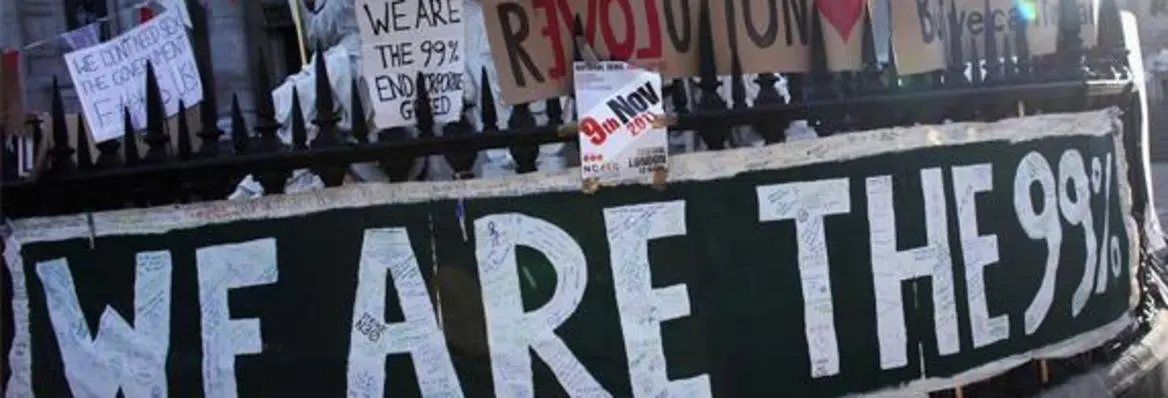Ingrid Robeyns is a professor of philosophy and holder of the Ethics of Institutions Chair at the Ethics Institute at Utrecht University, and was recently awarded a 2 million euro grant from the European Research Council to pursue her research on "limitarianism".
Robeyns studied Economics and Philosophy and obtained her doctorate at the University of Cambridge, followed by residences at eminent universities such as Columbia University in New York, the London School of Economics and Oxford University. Her work in philosophy focuses on ethics and normative political philosophy, specifically on various questions of justice and other societal values, often in combination with interdisciplinary research.
This conversation took place mere days after the publication of the Paradise Papers: some 13 million files leaked to the press that detail the ways that companies and individuals avoid tax through offshoring and artificial structures. Some of the world’s biggest multinationals featured in the leak, including Apple, Nike and Facebook, as well as some of the richest people in the world, from the Queen to Bono.
—David Maclean
DM: What is limitarianism? How would you define it and what distinguishes it from egalitarianism?
IR: Limitarianism is a view on how resources should be distributed. So like egalitarianism, it is also a view about how distribution functions in society and how people stand in relation to each other—but that is in itself rather unspecified, so philosophers like myself flesh it out in many different ways. Where it differs is that limitarianism is only a partial view in that it stresses that rather than everyone having the same amount, no one should have more resources than a certain upper threshold or limit—which could be money, natural resources, or greenhouse gas emissions. So it’s basically saying just as we believe no one should live in poverty or have access to insufficient resources, the opposite is equally true: no one should have more than a defined amount of particular resources.
DM: Would it be correct to say then that libertarianism is the opposite of limitarianism?
IR: They would certainly be strange bedfellows. Yes, I think limitarianism is the ideological enemy of contemporary libertarianism because the latter only imposes very limited constraints and a very minimalistic view on the role of governments. Limitarianism, on the other hand, imposes absolute constraint at the top of the distribution and often includes much more demanding duties for the government.
DM: You briefly touched upon its place within the existing canon, but what are limitarianism’s antecedents within philosophy?
IR: I think the most contemporary literature on egalitarianism would come close to recommending limitarianism since their goals and values are so closely twinned with one another. But limitarianism is compatible with many different views of what you do below the limiting threshold. Take, for example, a model of financial limitarianism or constrained capitalism, where you say that no one should be ultra-rich: that still leaves possibilities about what you say for those who are not rich. You might add to this by saying, "Okay, no one will be ultra-rich and no will one be poor", and in between the two, you have some measure of equality or an opportunity principle.





















Join the conversation